Published
- 06:00 am
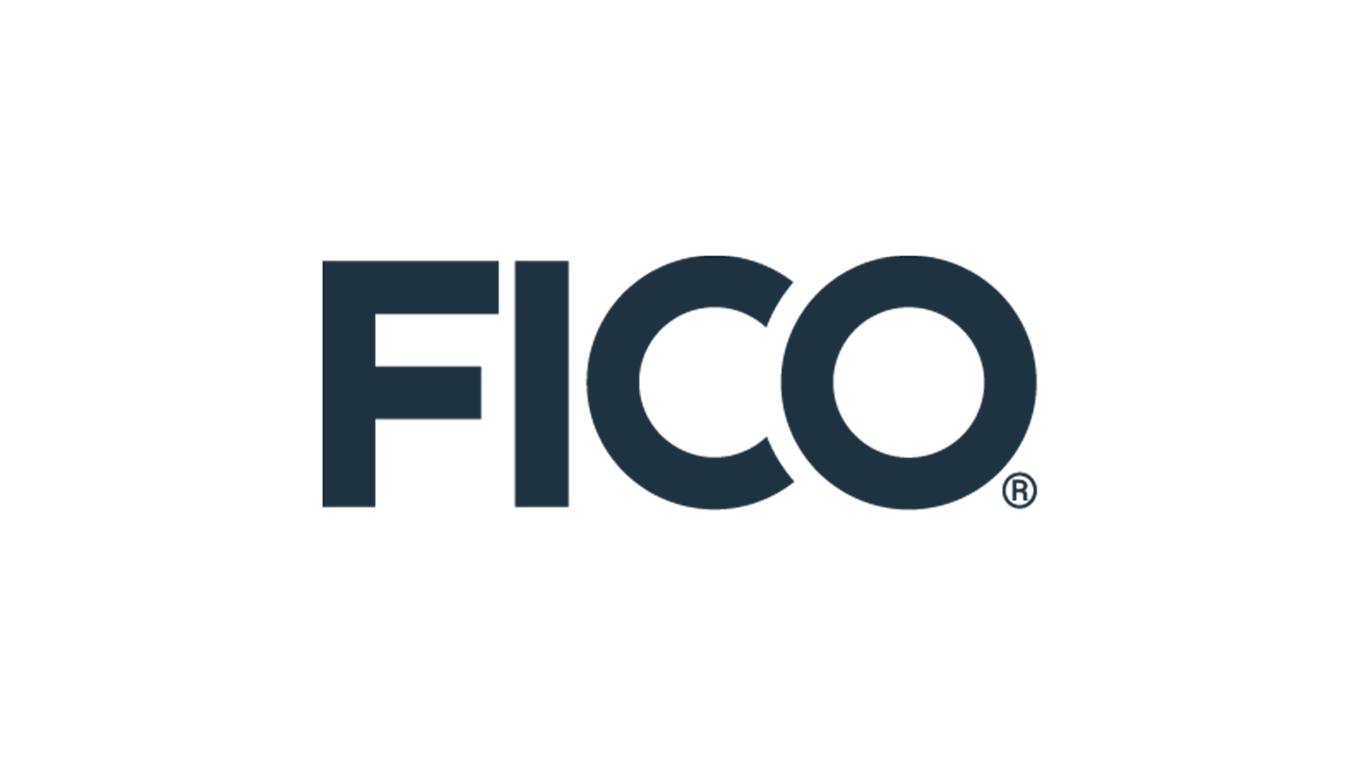
The FICO UK Credit Card Market Report for December 2023 reflects the usual season trends in spending and payments. However, it also reflects the impact of continued high prices on card balances. This latest report shows the highest levels of both average spending and average balances since 2006 when FICO first analysed credit card use and payments.

FICO Comment
Increases in spend always occur in December, and 2023 was no exception with a 5.9% month-on-month rise, taking the average spend to £850. This is the highest spend since FICO records began in 2006.
The average balance continued to trend upwards, as expected in the lead-up to Christmas. December 2022 saw record average balances. In December 2023 that record was broken with average balances up 2.2% month-on-month and up 7.2% year-on-year. The average balance now stands at £1,780. It is anticipated that this trend will fall post-Christmas, however with prices remaining high lenders will want to monitor closely how much it will fall, and for how long it will remain lower.
Another pattern typical of December was the amount paid off credit card balances as shoppers focussed their cash flow on Christmas spending. In December 2023 the average balance paid off dropped slightly, by 0.16%, month-on-month. However, this measure has been trending down since July.
Pre-COVID, the average payment compared to the overall balance was approximately 30%, but with lockdown and increased savings, this rose to 42%. The FICO data now shows this dropping back, although it is currently still 6% higher than before the pandemic.
Another sign of pressure on finances was the number of customers missing one, two, and three payments. This increased from November to December 2023, with the largest increase seen for those missing one payment: a 14.8% increase month-on-month and a 0.5% increase compared to 2022. Again, seasonality influences results with similar volumes expected in January due to the post-Christmas spending hangover. Lenders will also want to be mindful that more customers missing one payment in December will likely roll over into two payments in January.
Issuers should note that established customers – those who have had their credit card for between one and five years – are the most likely to miss payments. This group contains customers whose 0% offers have expired, and they are now paying off balances at the standard rate. FICO recommends monitoring this group for signs of vulnerability and indebtedness. Now is a great time to review existing collections strategies and examine whether anything more can be done to identify and assist financially distressed customers proactively.


Related News
- 03:00 am
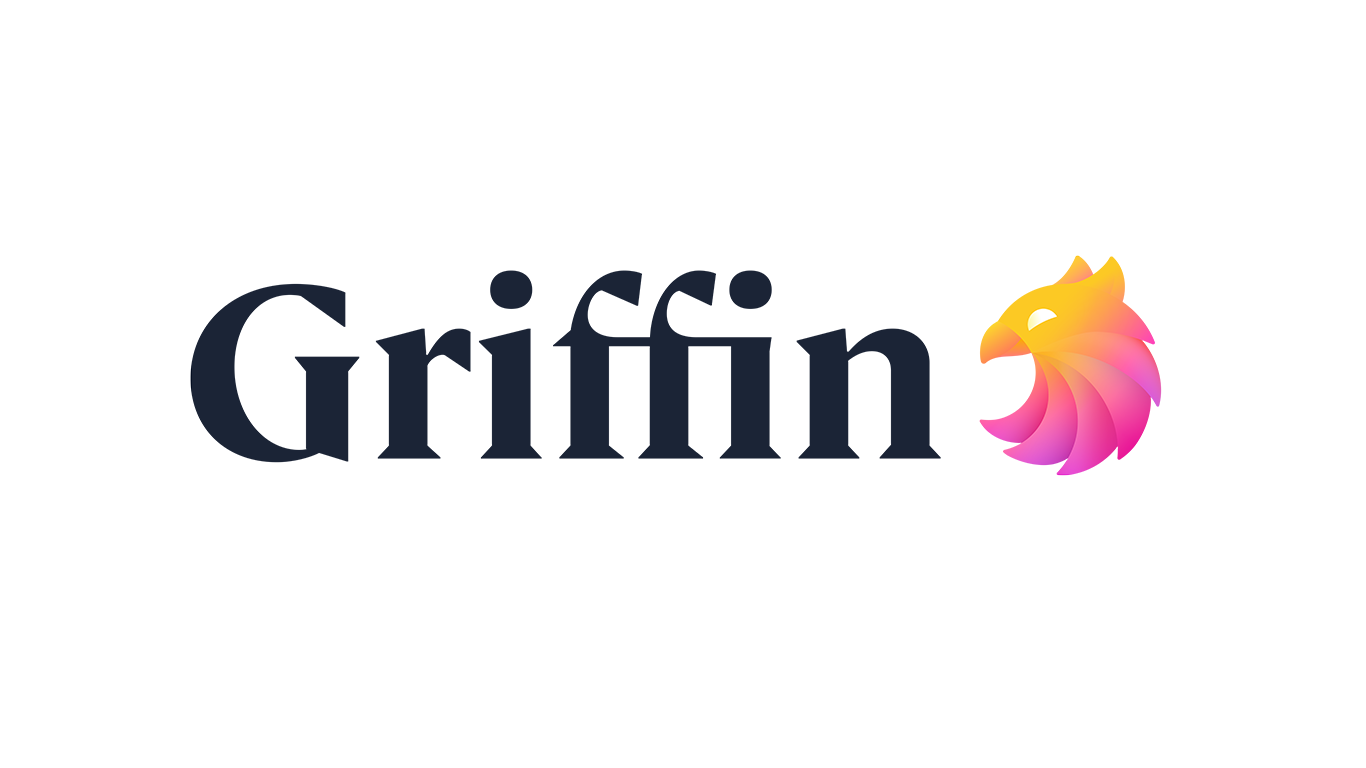
Griffin, the API-first UK bank and full-stack Banking as a Service (BaaS) platform, has announced that it is accepting applications for its early access programme, Foundations. This comes after a successful pilot programme for its first set of customers. Foundations are designed for companies in the UK who want to offer financial products to their customers and build directly on a full-stack BaaS provider.
As a licensed UK bank offering vertically integrated infrastructure and cutting-edge risk management via simple, modern APIs, Griffin is helping companies embed banking products like savings accounts, safeguarding accounts and accounts for holding client money, and creating value for industries that previously struggled with finding the right BaaS partners.
Foundations participants will receive access to Griffin’s platform, along with dedicated support from a team of banking and tech experts. See how Griffin worked with LettsPay.
Speaking on the programme, Garrett Foxon, CEO and Founder of LettsPay, said: “We found Griffin at the point where it felt like there was no solution to the banking problems we faced in the proptech industry. Griffin worked with us to provide a solution that not only works for our business but potentially solves some of the major issues around holding client money for the industry.”
Only a small number of companies who meet the set criteria will be accepted for the first phase of Foundations. If not selected initially, companies will be added to a waitlist and notified of future opportunities as Griffin scales. Companies can also sign up to a free, all-access sandbox to start testing Griffin’s products immediately.
Those selected for Foundations will get the following benefits:
Pioneer advantage: Unlock new revenue streams and reduce costs by skipping the BaaS middleware and building directly on an API-first bank.
Dedicated support from experts: Our banking, compliance and tech experts are on hand to support your team.
Streamlined banking operations: Griffin can help simplify banking for companies with complex business models or niche regulatory requirements.
Influence on the product roadmap: A unique opportunity to provide feedback and influence the development of Griffin’s future products.
David Jarvis, CEO and co-founder of Griffin, commented: “We're looking for mission-driven companies who share our conviction that finance should be contextual, relevant and seamlessly integrated into products that businesses and consumers are already using every day. Foundation is an invitation to companies that want to make their customers’ lives easier with embedded finance: we’ve built a bank to help you do just that.”
Related News
- 01:00 am
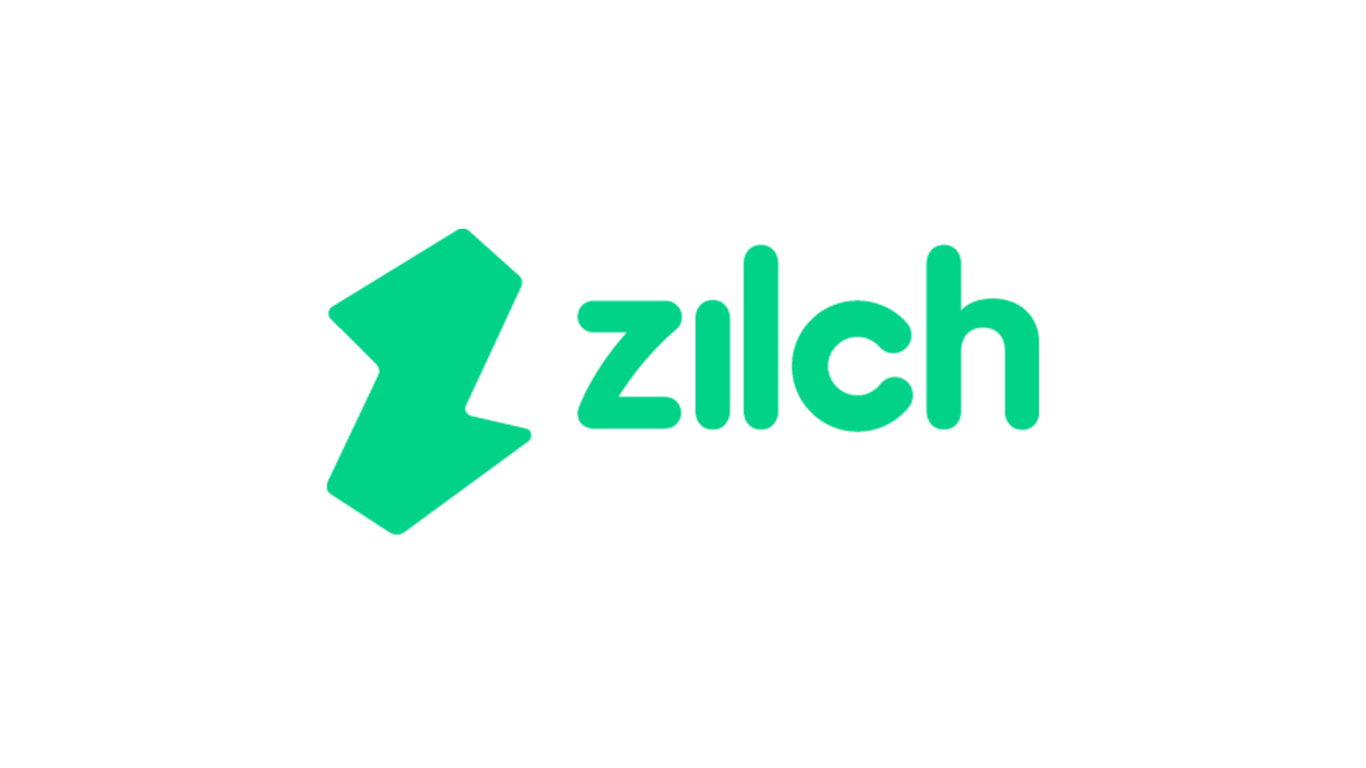
Zilch, the ad-subsidized payments network (ASPN), today announces the launch of a new credit payment product, allowing its customers to spread interest-free repayments for larger purchases over three months. The new ‘Pay over 3 months’ product will provide more flexibility to customers and drive up Zilch’s market-leading wallet share.
The new ‘Pay over 3 months’ product has already been made available to around 100,000 Zilch customers in a trial. Eligible customers from Zilch’s more than 3.6 million registered users will be offered the new product from April 2024 onwards. The launch will provide Zilch customers with even greater choice when paying, enabling them to go into the app and seamlessly choose between ‘Pay over 3 months’, the shorter-tenor ‘Pay over 6 Weeks’ or, for day-to-day purchases, Zilch’s reward-earning ‘Pay Now’ debit product where they earn up to 5%.
When opting to ‘Pay over 3 months’, Zilch customers will pay 25% up-front and spread the remaining purchase price over three installments, just like they currently do when making interest-free credit repayments over six weeks. They will benefit from the same industry-leading consumer safeguards given that Zilch will offer this as a regulated product under its FCA consumer credit licence. This product will allow customers to build their credit scores each month, through Zilch’s reporting agreements with the UK’s leading Credit Reference Agencies.
With a higher minimum spend threshold of £75 during beta testing, ‘Pay over 3 months’ empowers consumers to spread the cost of larger purchases over a longer timeframe and better manage the impact of bigger and less regular expenses on their cash flow. It represents one of the longest-duration loans provided by any major UK fintech offering zero-interest regulated credit payments. Customers’ three-month borrowing will be capped at personalised and dynamic affordability limits.
Philip Belamant, CEO and co-founder of Zilch, said: “In the past three years Zilch has successfully delivered more than 50 million customer transactions and £2 billion in customer spending, yielding us extensive behavioural datasets. This is because customers today use Zilch on average more than 100 times annually to manage their day-to-day spending across debit and credit. Today’s product launch moves Zilch closer to our end game of capturing total share of wallet. This new payment option is tailored for significant purchases or emergency moments, such as buying electronics, car tyres or home repairs like when the boiler breaks. As Zilch is FCA-regulated, customers can spend with the confidence that every payment over £100 is covered under section 75 of the Consumer Credit Act. It’s simply the best way for any adult to pay - especially in today’s economic climate.”
Based on the evidence of how the new product drove commerce and helped customers to finance larger purchases during beta testing, Zilch has partnered with a diverse range of leading UK merchants where customers can Pay over 3 months, in-store or on the app, with no fees.
Will Prosser, Director of Digital Marketing and CRM at TUI UK & IE, said: “The launch of ‘Pay over 3 months’ is fantastic news for Zilch customers and consumers everywhere, giving them the option to spread the cost of larger purchases over a longer period. It’s a great tool for supporting people in managing their finances when buying bigger-ticket items like a holiday and it’s important to us that we provide our customers with choice. Partnering with Zilch, who offer zero interest or fees, is one way we’re adding value and peace of mind for our customers.”
Other merchants choosing to fully subsidise customers’ cost of credit through their advertising spend include Lego, Nike, and Morrisons. Alternatively, customers can Pay over 3 months, for a small and clearly stated up-front fee starting as low as £2, at any of the 38 million merchants who accept Mastercard worldwide.
Related News
- 01:00 am
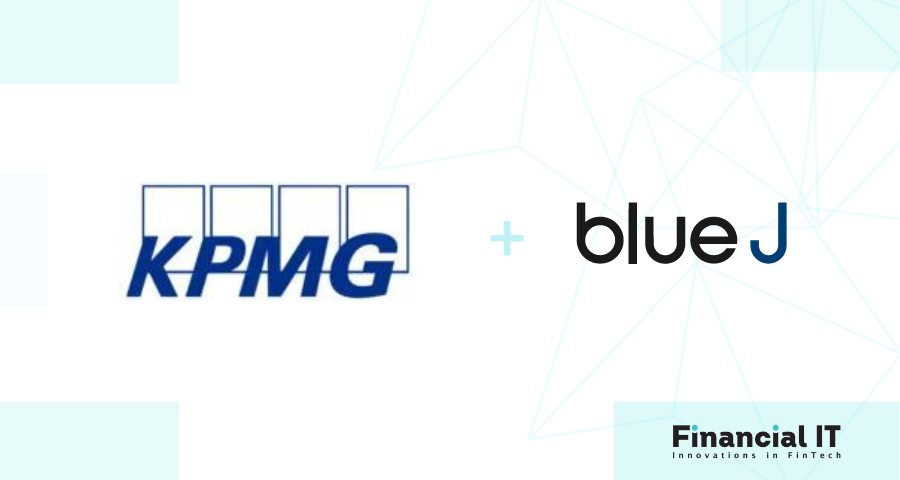
KPMG UK and Blue J announced today that they will launch a new generative AI-powered product to answer challenging tax research questions in seconds. KPMG will have exclusive access to the tool, Ask Blue J, among the big four accountancy firms in the UK for the first three years.
This expansion builds upon KPMG’s existing alliance, which sees the firm use Blue J’s AI technology to predict tax scenario outcomes with 90%+ accuracy for employees to then review. For example, working out whether a worker is employed or self-employed for tax purposes. This dramatically reduces the time spent searching for and analyzing tax legislation and case law. This enables KPMG’s tax experts to spend additional time advising clients on more complicated and urgent issues, rather than on the more administrative aspects of tax cases. The tool is now available in the firm’s 3,000-strong tax and legal function.
Ask Blue J will accelerate the adoption of generative AI by using OpenAI's GPT models, which have been fine-tuned for tax, and accessing Blue J’s curated database of current tax content. This new tool will allow the firm to not just predict tax outcomes but also ask detailed questions related to tax, building on the work already being done since the first link-up with KPMG and Blue J in 2022.
Stuart Tait, Partner and Chief Technology Officer, Tax & Legal at KPMG UK, said:
“Being one of the first adopters of Blue J’s technology in the UK has already yielded great results, so we’re pleased to be building on this with Ask Blue J. Generative AI will drive a seismic change in the tax profession, and we’re excited to be able to deepen our Blue J alliance to accelerate our adoption of this technology. Their database of curated tax content will give employees a significant head start on creating other generative AI tax solutions and we’re looking forward to this next phase of our alliance.”
Benjamin Alarie, CEO of Blue J, added:
“With the launch of Ask Blue J in the UK, we are introducing a new approach to tax advisory services. Combining KPMG’s tax expertise with Blue J’s advanced AI creates a powerful tool that will forever change how tax advice is formulated and delivered. Our strategic alliance is about providing tax professionals with reliable, fast, and precise tax insights, directly informed by authoritative sources. We’re not just incrementally improving existing tax research practices; we are leading the industry towards greater efficiency and enhanced client value in tax advisory with the adept use of AI.”
Related News
- 02:00 am
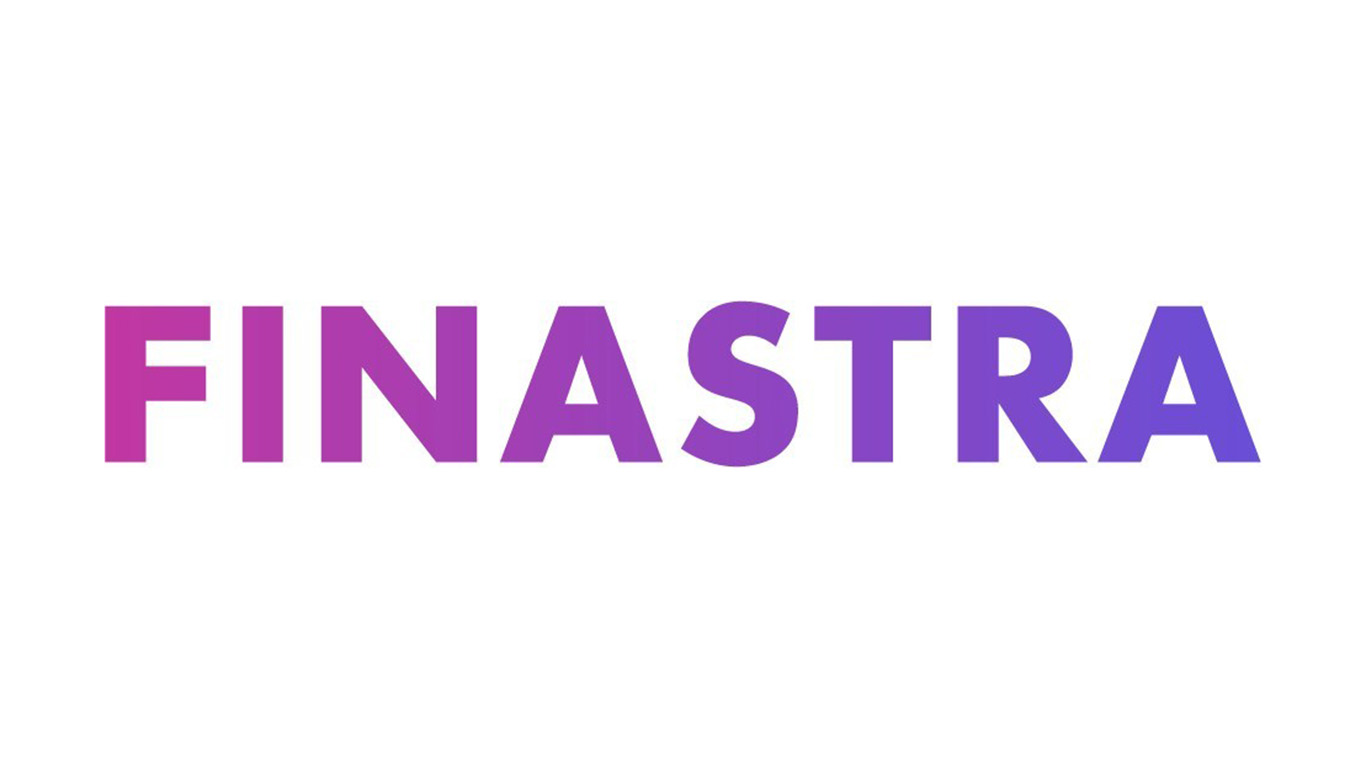
Finastra’s Filogix team has unveiled new generative AI (Gen AI) capabilities in its Expert Pro Canadian Mortgage Point of Sale (POS) solution. The function automates the creation of borrower narratives (notes) that aids in lender underwriting – streamlining processes, saving time and minimizing errors for brokers.
With just a single click, users can generate a comprehensive summary of the mortgage deal, covering all the relevant criteria. The content can be reviewed, edited and then sent for underwriting much faster, as compared to the traditional manual process. Content can be auto-composed in English or French, and brokers can choose the format and which elements of the mortgage application to include for a more tailored and personalized experience.
Jonathan Wootten, Head of Filogix at Finastra said, “We’re very proud of this significant milestone. As a leader in financial technology solutions, we are committed to harnessing the power of Gen AI to enhance our own business processes, as well as to bringing exciting innovations to our customers. In our recent annual survey, 83% of financial services professionals said that their institution is interested in Gen AI. This mirrors the enthusiasm we see in the marketplace for the new functionality in our Expert Pro solution for brokers. We look forward to continuing to bring our customers opportunities to tap into the innovative and transformative technology that is Gen AI.”
The auto-compose functionality has a secure private model at the core, which stands out from other systems built around public models.
Filogix Expert Pro allows mortgage professionals to centralize their business through workflow optimization, resulting in improved consumer experience, more time to manage new opportunities, and funding deals faster.
Related News
- 05:00 am

Akurateco, an industry-leading provider of white-label payment software solutions based in Europe, proudly announces its recent certification as a participating processor for Google Pay. This significant milestone reaffirms Akurateco's unwavering commitment to revolutionizing payment solutions for businesses worldwide.
Google Pay stands at the forefront of mobile payment technologies, poised for exponential growth in the coming years. Projections from Statista indicate a substantial increase in Google Pay users in the United States, with over nine million new users expected between 2022 and 2026.
As a certified white-label payment gateway, Akurateco joins an elite group of payment processors authorized to support the Google Pay Application Programming Interface (API). This certification solidifies Akurateco's position as a trusted partner in facilitating seamless and secure checkout experiences across mobile apps and websites.
By integrating the Google Pay API into its platform, Akurateco empowers its clients to offer customers a frictionless payment experience, enhancing convenience and trust in the checkout process. Businesses partnering with Akurateco can effortlessly incorporate Google Pay, ensuring a streamlined payment process for their customers.
Vladimir Kuiantsev, Akurateco's CEO and Managing Partner, expressed enthusiasm for the partnership, saying:
"We are thrilled to achieve Google Pay certification, underscoring our commitment to innovation and excellence in payment solutions. With Google Pay integration, we empower businesses to offer cutting-edge payment experiences, driving growth and success in today’s dynamic marketplace."
Related News

Susan Craig
at Content Creator
Technological advancements are rapidly transforming various sectors, including the healthcare industry. see more
- 04:00 am
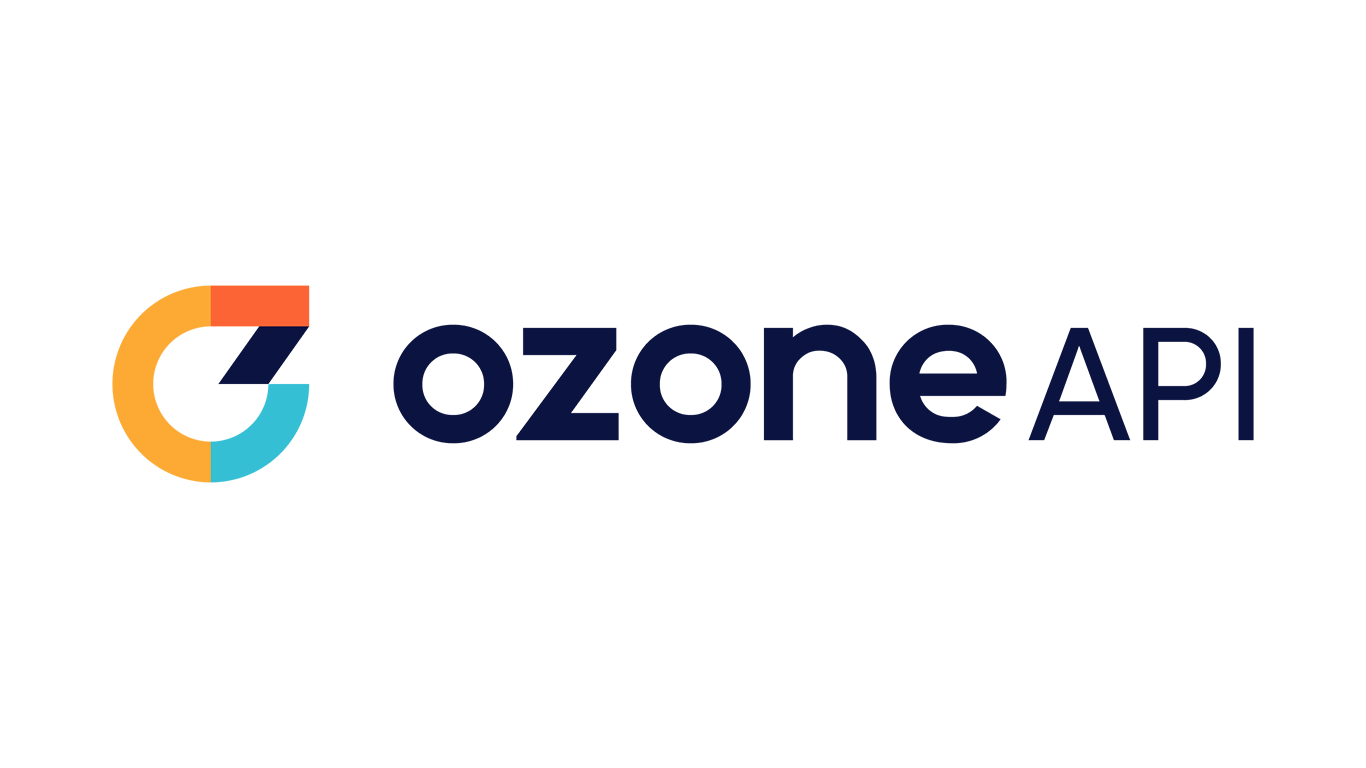
Today, Ozone API, a global leader in the open banking sector, announces the appointment of former Virgin Money CEO, Dame Jayne-Anne Gadhia as the Chair of its Board. The appointment follows a successful Series A funding round led by Gresham House Ventures, aimed at fuelling the Ozone API’s ambitious global expansion strategy. It also comes after the company recently hired Mr Open Banking’s Eyal Sivan as General Manager for North America, to mark Ozone API’s expansion into the USA.
Dame Jayne-Anne has enjoyed a distinguished career spanning over three decades in financial services and technology. She is celebrated for her transformative leadership at Virgin Money and her pioneering efforts in fintech innovation. Notably, she led the acquisition of Northern Rock from the UK Government nearly four years after it was nationalised, successfully integrating it into the Virgin Money Group. She went on to grow the business with the acquisition of a credit card book and the creation of a current account, leading the company to profitability and a successful sale.
An advocate for greater diversity in the financial services industry and improved financial inclusion, Dame Jayne-Anne also founded her own money management fintech company, Snoop. Now, as she joins Ozone API’s Board as Chair, the company’s leadership team hopes to benefit from her expert guidance in supporting its mission to revolutionise open banking and finance worldwide.
Huw Davies, Co-founder and Co-CEO of Ozone API, commented on the appointment, stating, "We are delighted to welcome Dame Jayne-Anne to Chair our Board. Her unparalleled expertise and vision will offer huge benefits to Ozone API at this pivotal point in our journey. With our recent Series A funding and Dame Jayne-Anne’s guidance, we are perfectly positioned to accelerate our growth and continue our work in revolutionising the global financial ecosystem."
Dame Jayne-Anne also shared her excitement about her new role and the future of Ozone API, commenting, "Joining Ozone API as Chair of the Board is a tremendous honour. The company's dedication to innovation and its impressive track record in open banking are truly inspiring. I am eager to work with the talented Ozone team to drive forward their ambitious plans to accelerate open finance around the globe."
Ozone API, with its roots in the team that pioneered open banking standards in the UK, offers a leading standards-based open API platform. It enables banks and financial institutions worldwide to harness the power of open finance, driving innovation and creating real commercial value. As the company embarks on its next phase of growth, Dame Jayne-Anne's guidance on the board and the recent strategic funding underscore Ozone API's readiness to shape the future of financial services on a global scale.
Related News
- 07:00 am

Penfold, the digital pensions provider, today announced the launch of its latest crowdfunding round, following a period of significant growth. The early access launch is now open and individuals can register for this via Penfold’s crowdfunding page, with the round opening to the general public on February 27th. Penfold’s last crowdfund in 2022 sold out just hours after going live.
Penfold is on a mission to disrupt the £8trn pensions industry, enabling more people to save for later life by providing a purpose-built platform that delivers a class-leading user experience. Penfold gives savers more control of their pensions by increasing the visibility of their savings and investments while providing fantastic customer service.
Since its inception in 2019, Penfold’s customer base has grown to more than 62,000 savers with over £350m of assets. Building on its success in the direct-to-consumer and workplace pensions market, in 2023 the company launched the Penfold Platform, specifically designed to offer a simplified and intuitive pension processing solution for accountants.
This round of crowdfunding is being opened to increase the company’s growth and secure its path to profitability. In addition to continuing to grow its popular workplace pension, Penfold is also aiming to make improvements to its app and further invest in its customer service capabilities for all its customers.
Chris Eastwood, Co-Founder at Penfold, comments:
“Our mission is to encourage more people to save for later life by providing a simple way to access and save into their pension. More savers want a pension that they can easily use and understand, which is why we have achieved such impressive growth recently. This latest round of crowdfunding will enable us to maintain this growth while providing the capital needed to return the Penfold team to profitability. Our last crowdfunding round was a huge success and it’s fantastic to have a community of engaged investors who support our goal to get people saving more so they can have the retirement they deserve.”
Related News
- 03:00 am
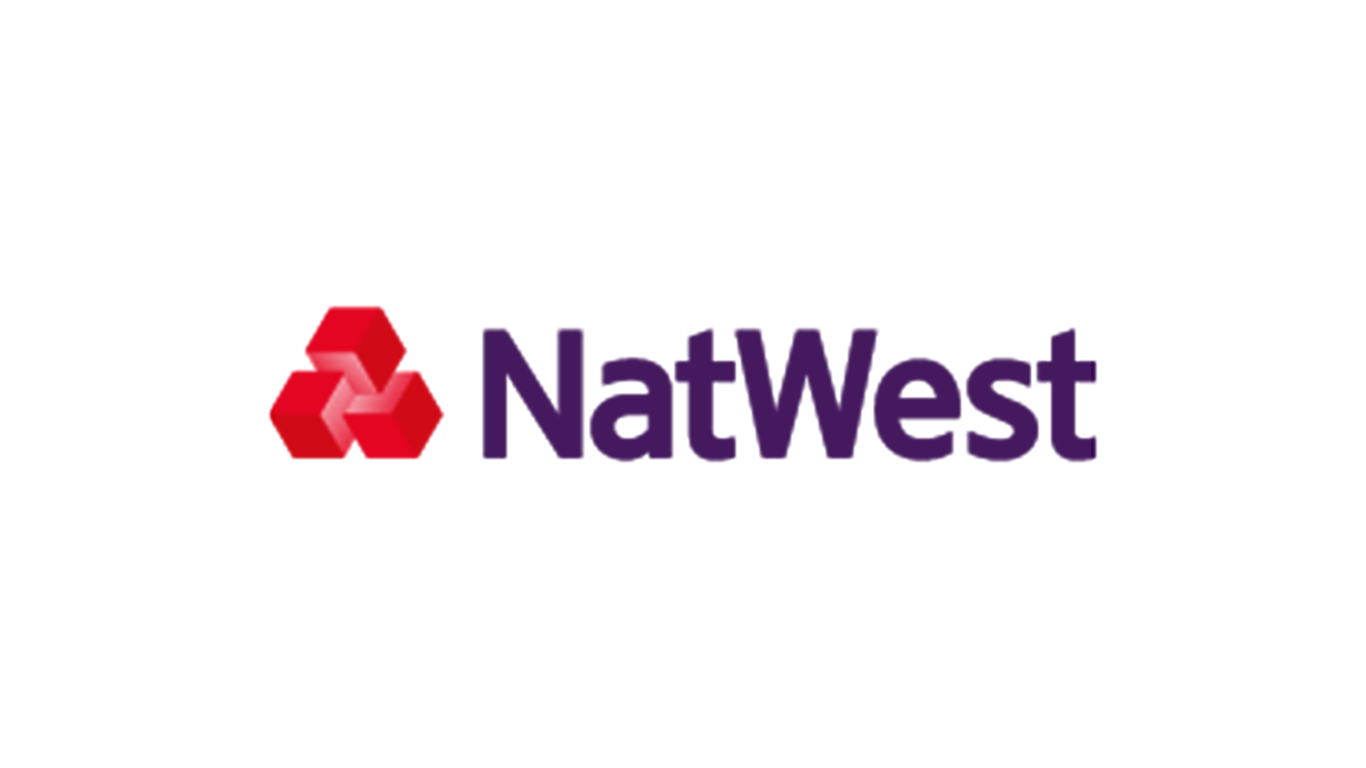
Two-thirds of SMEs worry that they don’t have the skills to tackle the climate crisis, yet despite this there is increasing pressure on supply-chain SMEs to disclose their carbon footprint to large corporations they supply to due to mandatory scope 3 emissions reporting. To address this issue, NatWest and Cogo have joined forces to create a toolkit to help build carbon literacy among SMEs and guide them through the carbon disclosure process.
Free to access for anyone, the toolkit which is titled “How can SMEs fulfill climate-related supply chain reporting” can be accessed here. It has been created to support all SMEs regardless of their level of carbon literacy.
The topics covered within the step-by-step toolkit include:
- Benefits for SMEs that engage with carbon management
- Getting started with carbon emissions and creating an emissions inventory
- Getting started with setting targets and making public commitments
- Creating action plans to reduce your emissions and achieve your target
- Disclosing your ambitions and progress on carbon management
- Evaluation of your carbon management
The toolkit is the first of a series of tools that NatWest and Cogo plan to launch to support SMEs.
James Close, Head of Climate Change at NatWest Group, said: “As the UK’s biggest bank for business we want to help SMEs to tackle climate change and unlock the opportunities of a sustainable economy.
“NatWest research shows that SMEs that harness the net zero opportunity could generate a £175 billion-plus revenue opportunity by 2030 and if given the right support, could contribute up to half of the UK’s 2030 emissions targets.”
Emma Kisby, Cogo Chief Executive Officer, EMEA: “As the backbone of the UK economy, SMEs play a critical role in tackling the climate crisis. It is therefore imperative that we take the stress and complexity out of carbon reporting for SMEs as we know they are already time, resource and often budget poor.”









